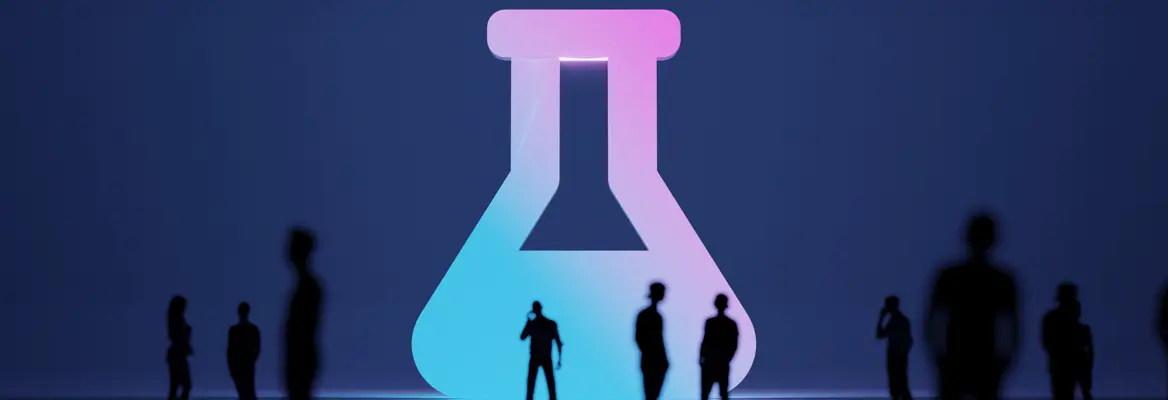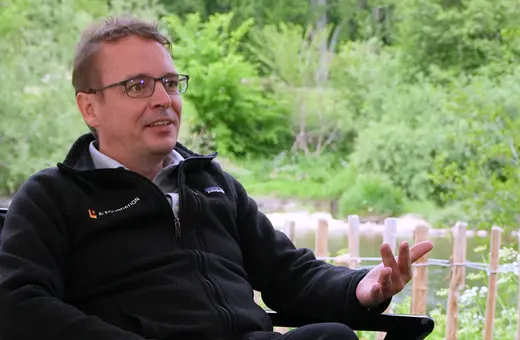Great scientific breakthroughs have often historically been presented to general readers in compelling and accessible ways. In the 21st century, however, the gulf between what is written for specialists and what is accessible to the average reader is widening, writes Martin Rees.
Darwin’s The Origin of Species, published in 1860, was a best-seller: readily accessible – even fine literature – as well as an epochal contribution to science. But that was an exception. In glaring contrast, Gregor Mendel’s 1866 paper entitled ‘Experiments with Plant Hybrids’, reporting the classic experiments on sweet peas conducted in his monastery garden was published in an obscure journal and wasn’t properly appreciated for decades. Darwin had the journal in his library, but the pages remained uncut. It is a scientific tragedy that he never absorbed Mendel’s work, which laid the foundations for modern genetics.
It’s unlikely that any twenty-first-century breakthroughs can be presented to general readers in such a compelling and accessible way as Darwin’s ideas were. The barrier is especially high when ideas can be fully expressed only in mathematical language: few read Einstein’s original papers, even though his insights have permeated our culture. Indeed, that barrier already existed for mathematical science in the seventeenth century. Newton’s great work, the Principia, highly mathematical and written in Latin, was heavy-going even for his distinguished contemporaries like Halley and Hooke; certainly, a general reader would have found it impenetrable, even when an English version appeared. Popularisers later distilled Newton’s ideas into more accessible form – as early as 1735 a book appeared in France entitled Newtonianism for Ladies.
___
Darwin had the journal in his library, but the pages remained uncut. It is a scientific tragedy that he never absorbed Mendel’s work, which laid the foundations for modern genetics
___
What makes science seem forbidding is the technical vocabulary, the formulae, and so forth. Despite these impediments, the essence (albeit without supportive arguments) can generally be conveyed by skilled communicators. It’s usually necessary to eschew equations, but that by itself is not enough. Specialist jargon, which is especially impenetrable in biomedical topics, must be avoided. It’s easy for scientists to forget, too, that their use of familiar words (like ‘degenerate’, ‘strings’ or ‘colour’) in special contexts different from their everyday usage can be baffling as well. And, to take another example, climate scientists calculate that the warming directly due to extra CO2 can be amplified by the effects of enhanced water vapour, changing cloud cover, and so forth. This dangerous process is termed ‘positive feedback’ – a phrase which for many readers would have benign connotations (it’s what you hope for after a job appraisal, for instance).
 SUGGESTED READING
Science is based in metaphor
By Andrew Reynolds
SUGGESTED READING
Science is based in metaphor
By Andrew Reynolds
Love the iai?
Sign up to get exclusive access.

Related Posts:
Related Videos:
31st August 2022


















Join the conversation